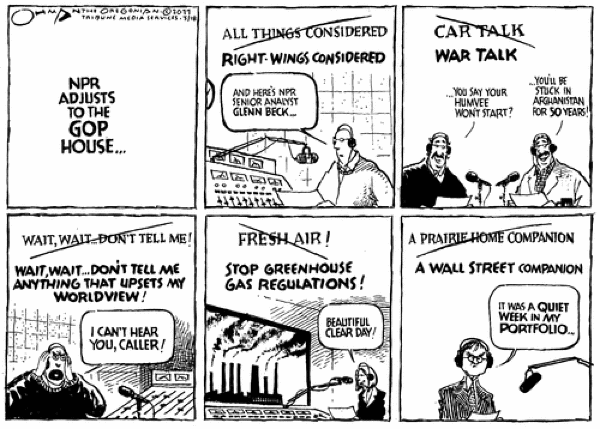Ratcheting up the machinery:
Ronald Reagan’s administration prepared for the 1969/70 school year by asking the FBI to help in its “psychological warfare campaign” about student radicals. J. Edgar Hoover responded enthusiastically — “this has been done in the past and has worked quite successfully” — and dispatched his number two man, Clyde Tolson, to help…
__
Senator Sam Irvine, the North Carolina conservative and civil libertarian, learned that Treasury Department officials checked library lists to see what books certain suspicious Americans read, that HEW kept a blacklist of antiwar scientists, that the Secret Service was asking government employees to report anyone with an interest in “embarrassing” the president.
__
… The Nixon administration tapped an attorney in the Justice Department, William Rehnquist, to write a memo justifying expanding the program to spy on any antiwar activity. Soon, one thousand undercover agents in three hundred offices nationwide were compiling dossiers on such groups as the NAACP, ACLU, Southern Christian Leadership Conference, and Clergy & Layman Concerned about Vietnam.
Kissinger and Ehrlichman hosted seven student leaders in the WH Situation Room. They represented 273 student government officers and student newspaper editors who had signed a pledge of draft resistance. Ehrlichman said, “If you guys think that you can break laws just because you don’t like them, you’re going to have to force us to up the ante to the point where we give out death sentences for traffic violations.“
“Every American has a right to disagree with the President of the United States, and to express publicly that disagreement. But the president of the United States has a right to communicate directly with the people who elected him, and the people of the country have the right to make up their own minds and form their own opinions about a presidential address without having the president’s words and thoughts characterized through the prejudices of hostile critics before they can even be digested” by “this little group of men who not only enjoy a right of instant rebuttal to every presidential address, but more importantly, wield a free hand in selecting, presenting, and interpreting the great issues of our nation.”
That last was Spiro Agnew, starting his campaign against the ‘nattering nabobs of negativism’. Of course, Roger Ailes was already embedded in the White House, taking notes (or writing scripts). If the President does it, then it is not a crime…
Of course, I could be reading too much into this. How do you remember those times? What do you think?
NIXONLAND, Week 10: “Trust”, “If Gold Rust”, “Presidential Offensive”Post + Comments (111)


